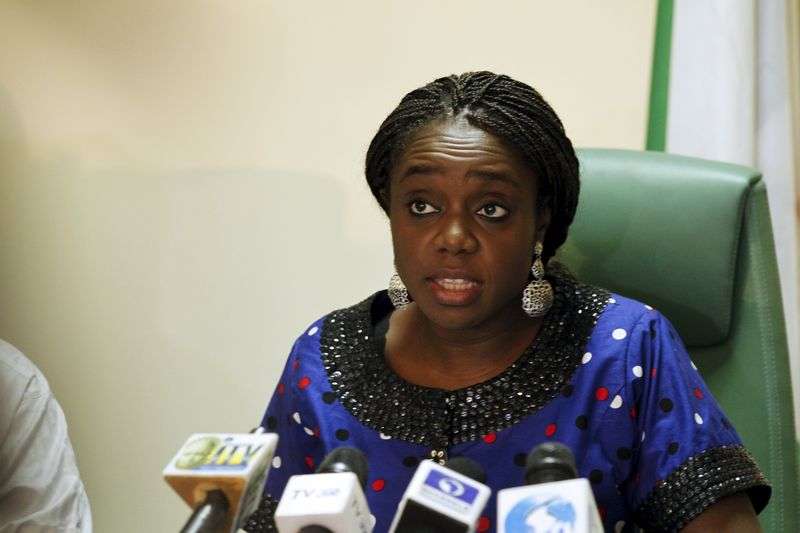- FAAC Disbursed N1.94tn to FG, States, LGAs in Q1
The Federation Account Allocation Committee disbursed N1.938tn to the three tiers of government in the first quarter of this year.
The shared sum represented an increase of 37.3 per cent when compared with the N1.411tn that was shared during the same period in 2017, and 71.1 per cent of the N1.132tn shared in the same quarter of 2016.
The FAAC allocations showed that the Federal Government received N812.8bn; the 36 states got N683.4bn; while N393.3bn went to the 774 Local Government Areas.
A further breakdown showed that N655.2bn was disbursed by FAAC in January, N635.6bn in February, and N647.4bn in March this year.
The information is contained in the latest edition of the Quarterly Review by the Nigeria Extractive Industries Transparency Initiative.
The publication observed that even with increasing trends in the revenue disbursement to the three tiers of government, the amount shared in the first quarter of 2018 was still 25.6 per cent lower than the N2.6tn disbursed during the same period in 2013, before the crash in global oil prices.
The report projected brighter prospects of higher revenue disbursements for the rest of the year, because of the rising oil prices, which currently hover around $70 per barrel, in addition to the increase in crude oil production.
It, however, called for caution while celebrating the amounts disbursed in the first quarter of 2018 because of the volatility of the international oil market.
“The year started on a bright note as all tiers of government received higher revenues than corresponding quarters in the past two years. This was largely on the account of sustained increase in domestic oil production and global oil prices,” the NEITI report stated.
On allocations received by each state, the report revealed that Akwa Ibom got the highest amount of N50.44bn, while Osun State received the lowest net share of N4.99bn, a variance of 920 per cent between the highest and the lowest.
It explained that the disparities in FAAC disbursements suggested differences in revenue capacities of different states and the implications for expenditure decisions in the affected states.
The publication expressed concerns about the relationship between the projected revenues of states and their proposed budgets.
“The budget of all states completely outstrips their projected total revenues,” the report stated.
For instance, the publication observed that the gap between projected total revenues and budgets was small in some states like Kano, Enugu, Delta and Bayelsa.
In these states, projected revenues were at least 60 per cent of the budgets.
However, in about 18 states, projected revenues were less than 40 per cent of budgets.
NEITI stated that examples could be seen in the 2018 budgets of Adamawa, Akwa Ibom, Anambra, Bauchi, Benue, Borno, Cross River and Ebonyi states.
Other states include Imo, Katsina, Kebbi, Kwara, Ogun, Osun, Oyo, Plateau, Sokoto and Zamfara.


 Billionaire Watch3 weeks ago
Billionaire Watch3 weeks ago
 Startups4 weeks ago
Startups4 weeks ago
 News4 weeks ago
News4 weeks ago
 News4 weeks ago
News4 weeks ago
 Bitcoin4 weeks ago
Bitcoin4 weeks ago
 Naira4 weeks ago
Naira4 weeks ago
 Forex3 weeks ago
Forex3 weeks ago
 Treasury Bills4 weeks ago
Treasury Bills4 weeks ago
























